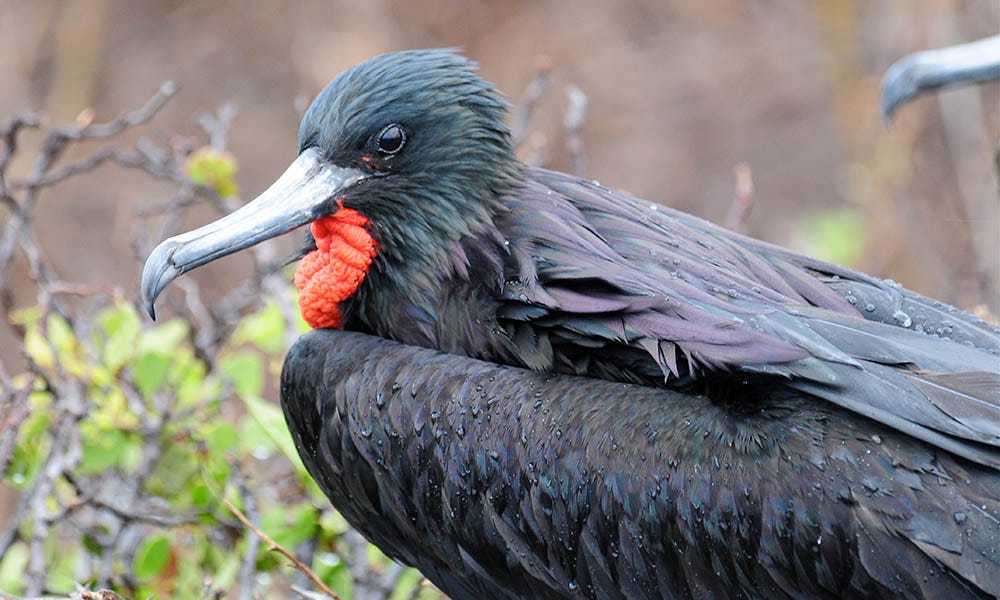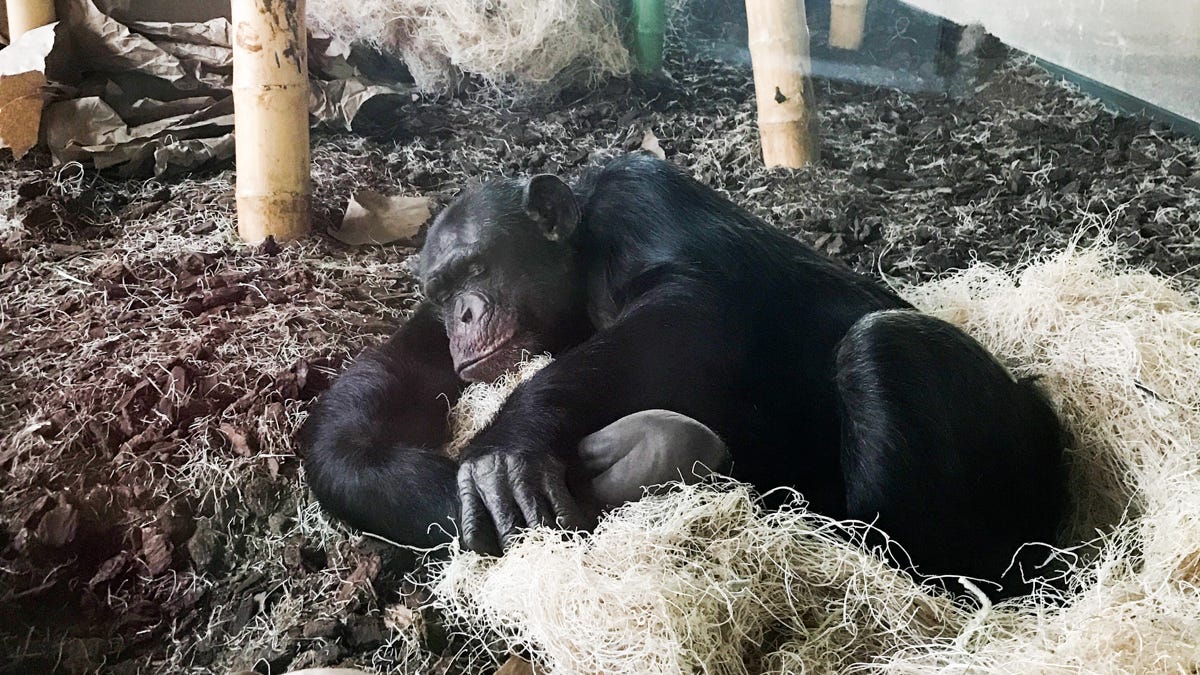Two pilots fell asleep on the job and missed the runway completely.
These birds ask: what’s the big deal?
You may have read about how two pilots for Ethiopian Airlines fell asleep and missed their landing while flying from Sudan to Ethiopia on Aug. 15.
And while that’s a big deal for humans who fly, it’s nothing for the birds who do! Read on to learn about some species that regularly snooze on the job.
Frigatebirds can use half their brain at a time to sleep while soaring
The Great Frigatebird lives along coasts and islands, and are often flying above swaths of ocean while looking for fish. On their wandering flights, GFBs can stay aloft for up to two months without touching down on land or water. But this isn’t by choice - unlike most other seabirds, frigatebirds can't swim at all.
If they fly for months without a break, how do they catch some rest? Simple - by sleeping on the job!
Like airplanes, frigatebirds have an autopilot function. While sleeping mid-flight, they sleep with only one side of their brain, leaving the other side awake, and on partial autopilot.
Okay, but it’s not that simple. Researchers found that while frigatebirds do sleep while flying, they sleep very little - only about 45 minutes each day in short, ten-second bursts, and usually after dark. Seeing as they can fly for months at a time, that sounds rough.
They catch up on some sleep when on land, though. There, frigatebirds sleep one minute at a time throughout the day and night, for a total of roughly 12 hours each day. (I’m surprised it isn’t more!)
Alpine Swifts can spend up to seven months in the air without landing
Even before we find out that Alpine Swifts can sleep on the fly, they are remarkable birds whose prowess impress us. They are tiny, and weigh just 77g (about the weight of two regular eggs that you can find in your fridge right now), yet they are able to fly all the way from Europe to South Africa. Once they reach their destination, for the next 200 days, they don’t touch land at all!
How do they do it?
Like the frigatebirds, Alpine Swifts can sleep with either one half of their brains active, or with both hemispheres shut down at the same time. Remarkably, these birds can retain their navigational ability while in REM sleep. In other words, they can literally fly with their eyes closed.
You’ve heard of sleep-walking, and today you learnt about sleep-flying!
In all seriousness, sleep is important for all animals! But there are different strokes for different folks
This last part isn’t about birds, exactly, but is still interesting!
Most animals sleep, but in ways that are just about as varied as the animal kingdom itself.
Humans, like all other great apes, are monophasic sleepers, meaning we sleep in one long interval during a 24-hour period. (Mono = one, phase = period) Research has shown that gorillas sleep for 12 hours but orangutans get around the same 8 hours that humans do.
In most other mammals, sleep is polyphasic, with several alternating periods of sleep and activity in a 24-hour cycle. Dogs have wake-sleep cycles of about 83 minutes and get a little more than 10 and a half hours of sleep per 24-hour cycle. That’s probably why dogs seem to lie down all day - but I wonder what they do at night, while their owners sleep?
If you’ve ever wondered why humans have evolved to become monophasic sleepers, it’s because of our beds! From Nat Geo, we see:
The reason great apes have such long, luxurious sleep compared to the fitful, shorter sleeps of their monkey cousins has to do with those sleeping platforms. Monkeys have to balance on hard branches where they are easily awakened by potential danger or other monkeys—which is helpful to them but not good for extended sleep.
When apes started getting bigger, the branches they once slept on could no longer hold their weight—so they started building something that would. Being able to lay down, away from the dangers of predators and other distractions allowed them to sleep longer, more securely, and more deeply. A 2015 study showed that orangutans do, indeed, sleep better than their baboon cousins. The apes’ cognitive abilities, the study says, may improve on the day following that longer, deeper sleep.
I hope you liked today’s newsletter, and the little tidbit at the end about sleep! Please get a good night’s rest tonight, and I hope to see you in the next post!




